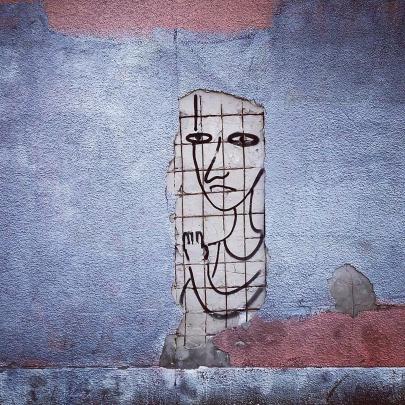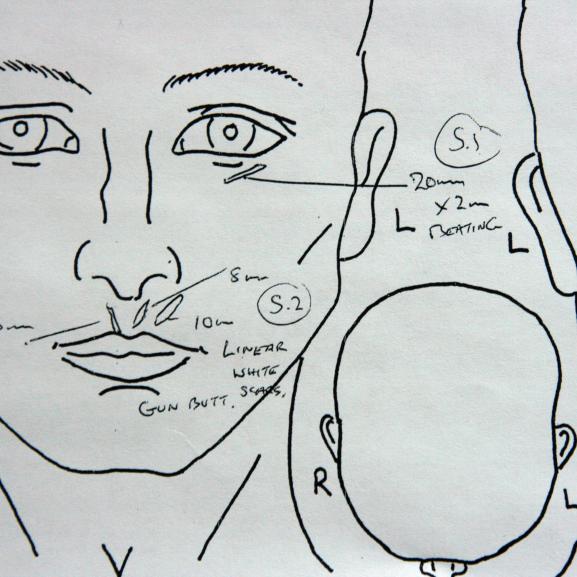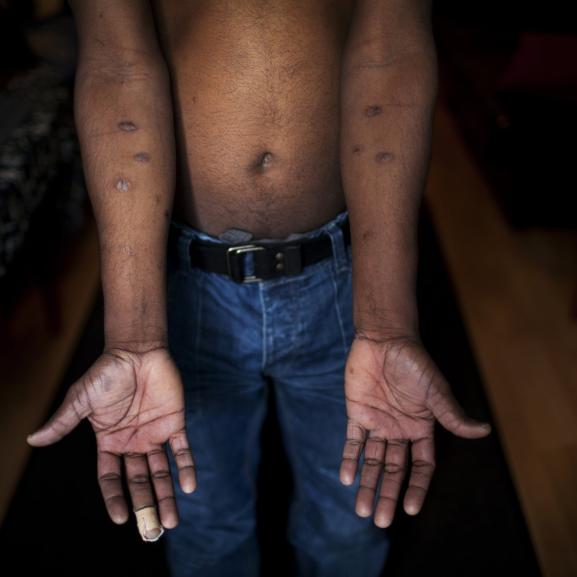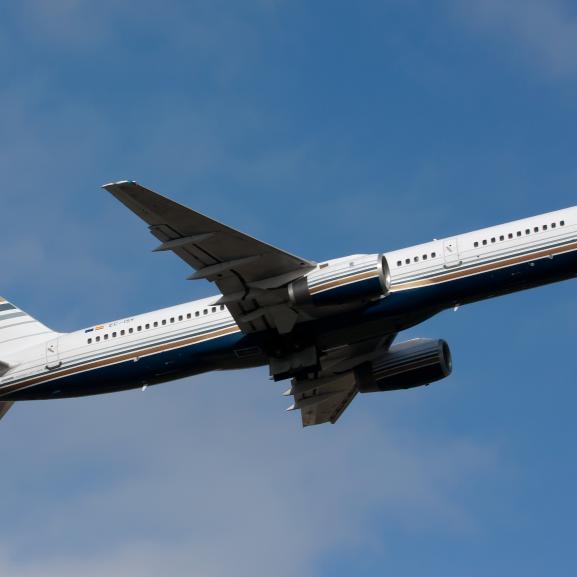Torture casts a shadow over Sirisena's first year as President of Sri Lanka
As Sri Lanka marks a year since the election on 8 January 2015 which brought President Sirisena to power, Freedom from Torture releases new details of recent torture cases and warns that the Government must place a higher priority on tackling torture by the country's military, police and security services.
The UK human rights charity's report Tainted Peace: Torture in Sri Lanka since May 2009 galvanised international concerns about ongoing torture and helped build support for a UN Human Rights Council resolution in autumn 2015 emphasising the need for action.
Since then, however, Freedom from Torture has continued to receive a high volume of referrals for people tortured in Sri Lanka, including under Sirisena's Presidency.
In 2015, for the fourth year in a row, Sri Lanka was the top country of origin for those referred to Freedom from Torture for clinical services. More than 300 Sri Lankan referrals were received in all, more than 20% of all referrals received by the charity last year.
These patterns look set to continue unless the Sri Lankan Government follows through on its public commitments in Geneva to reform the security sector, including credible efforts to stamp out torture practices.
Freedom from Torture is particularly concerned at the Government's failure to produce a detailed action plan to eliminate torture and make accountability for past torture a reality.
"We have medical evidence of torture by the Sri Lankan military and intelligence services since Sirisena came to power, which suggests that an abusive 'deep state' is still terrorising communities and impeding Sri Lanka's post-war revival."
The absence of such a plan calls into question the wisdom of channelling foreign aid to the Sri Lankan military since there is still such a high risk that it will be linked to further human rights abuses. The UK recently pledged £6.6 million to Sri Lanka over the next three years, including for 'military reform'.
Sonya Sceats, Director of Policy and Advocacy, said:
"President Sirisena's recognition that reconciliation requires accountability for torture and other serious abuses is a welcome change after persistent obstruction by his predecessor.
But having set a new tone, the President must match his rhetoric with a clear blueprint for rooting out torture from Sri Lanka's security sector and putting perpetrators on trial, no matter how powerful they may be.
We have medical evidence of torture by the Sri Lankan military and intelligence services since Sirisena came to power, which suggests that an abusive 'deep state' is still terrorising communities and impeding Sri Lanka's post-war revival."
To date, Freedom from Torture has received eight referrals for torture that happened in Sri Lanka after the change of regime in January 2015, including one case of torture in July 2015. In all eight cases the victim was Tamil and they reported arbitrary detention and torture by the Sri Lankan army or intelligence services.
Many of these survivors of recent torture have the tell-tale signs of branding with heated metal rods and disclosed sexual forms of torture.
Two of these survivors identified the notorious Joseph Camp, run by the military in Vavuniya, as the site of their most recent torture. Other reported torture facilities included the fourth floor headquarters of the Criminal Investigations Department in Colombo and a makeshift jungle camp and in other cases the precise location of the torture facility was unknown, including because of the use of blindfolds.
Many of these survivors of recent torture have the tell-tale signs of branding with heated metal rods and disclosed sexual forms of torture.
Freedom from Torture is calling on President Sirisena to mark the second year of his presidency by:
- Ensuring Sri Lanka ratifies the Optional Protocol to the UN Convention Against Torture and adopts an effective torture prevention programme including extensive training within the military, police and intelligence services and measures to enable independent national and international monitors to make regular unannounced inspections of any place of detention, including unofficial detention facilities;
- Implementing commitments made by Foreign Minister Mangala Samaraweera at the UN to:
-
- Undertake security sector reform;
- Issue a clear instruction to all branches of the security forces that torture, rape, sexual violence and other human rights violations are prohibited and those responsible will be investigated and punished;
- Review the Victim and Witness Protection Act; and
- Extend psychosocial support to communities and individuals in need of such care.
- Establishing a credible judicial mechanism to investigate torture and other serious violations of international law, with the participation of Commonwealth and other foreign judges, defence lawyers, prosecutors and investigators, as called for by the UN Human Rights Council resolution supported by Sri Lanka in October 2015; and
- Inviting the UN Special Rapporteur on Torture to visit Sri Lanka in line with the interest he has expressed in undertaking a mission to the country to support torture prevention efforts.
For further information or to arrange an interview with Sonya Sceats, contact Kaye Stearman, Communications Officer, at [email protected] or ring 0207 697 3791 or 07767 313 105.
Note that we have cross-checked our eight cases of post-January torture against the 20 cases reported by the International Truth and Justice Project Sri Lanka in their January 2016 report Silenced: survivors of torture and sexual violence in 2015; there is only one case that overlaps between the two case sets.







